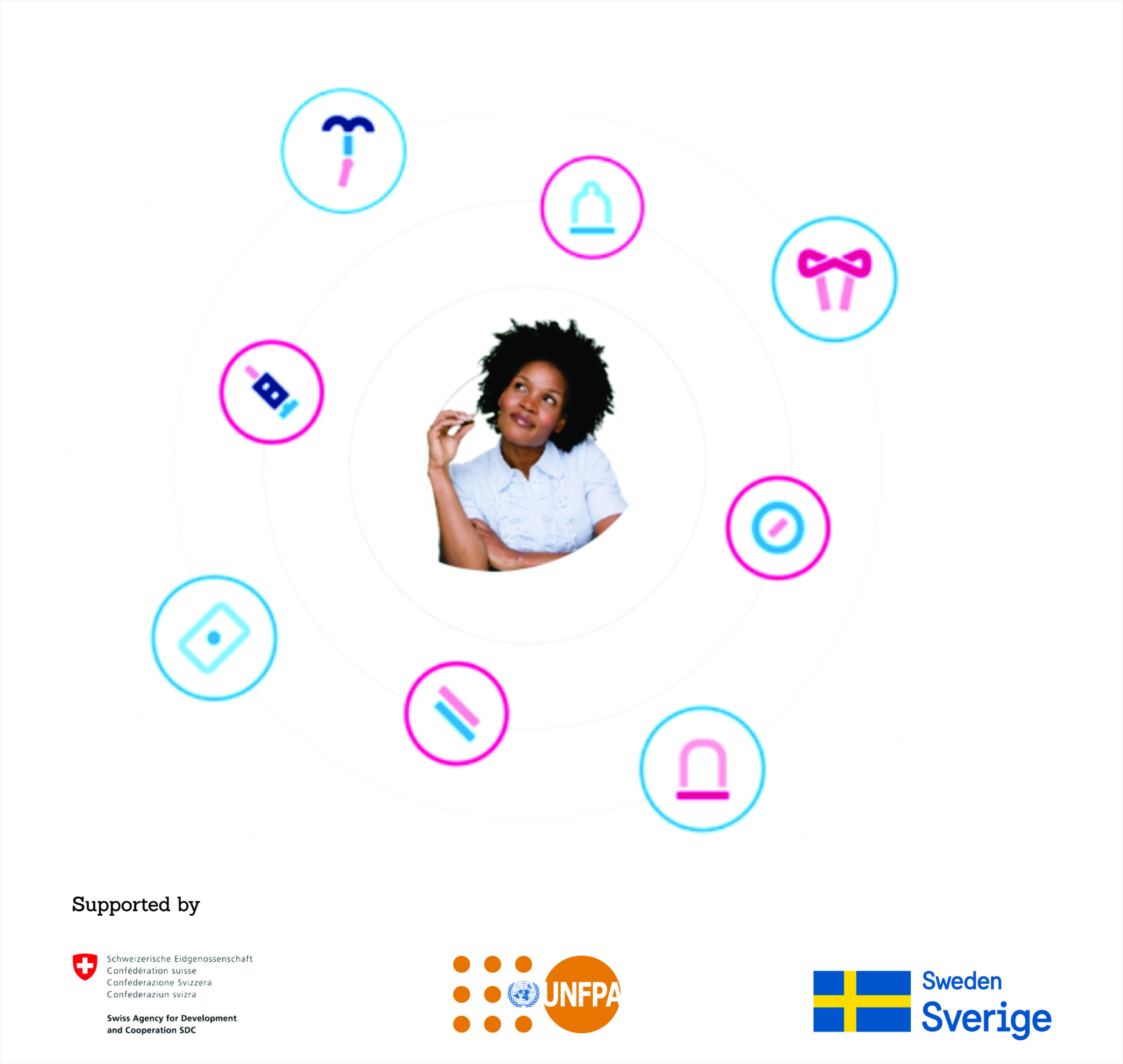Tubal ligation
A permanent contraception method for women

A surgical procedure for providing a permanent contraceptive solution
Tubal ligation is a contraceptive method suitable for women who are sure they don’t want anymore children.
Tubal ligation involves a short medical procedure, usually 15-20 minutes long, and once complete offers highly effective protection against unexpected pregnancy.
It also has no effect on a woman’s hormones, so have no effect on a woman and her partner’s sex life.
Effectiveness
More than 99% – If one hundred women had the procedure, and carried on with their normal sex life, fewer than one of those women would fall pregnant again.
Availability
Tubal ligation procedures are available at select clinic locations.
Pricing
Please contact our team for more information about pricing.
Think you may need to get your IUD removed or replaced? We recommend getting an IUD removed by a trained healthcare provider.
Get in touch to book an appointment today
0808 00 19/20
Find our locations that offer contraception and family planning services, including IUD removal
Tubal ligation advantages
Tubal ligation can offer several advantages compared with other contraceptive methods, including:
- It is a permanent, so you do not need to remember to use contraception again
- It doesn’t interrupt sex or affect your sex life. A woman’s sex drive after tubal ligation will be the same as before, as hormone levels remain the same
- It has minimal side effects.
These benefits come from a successful tubal ligation procedure performed by a trained provider.
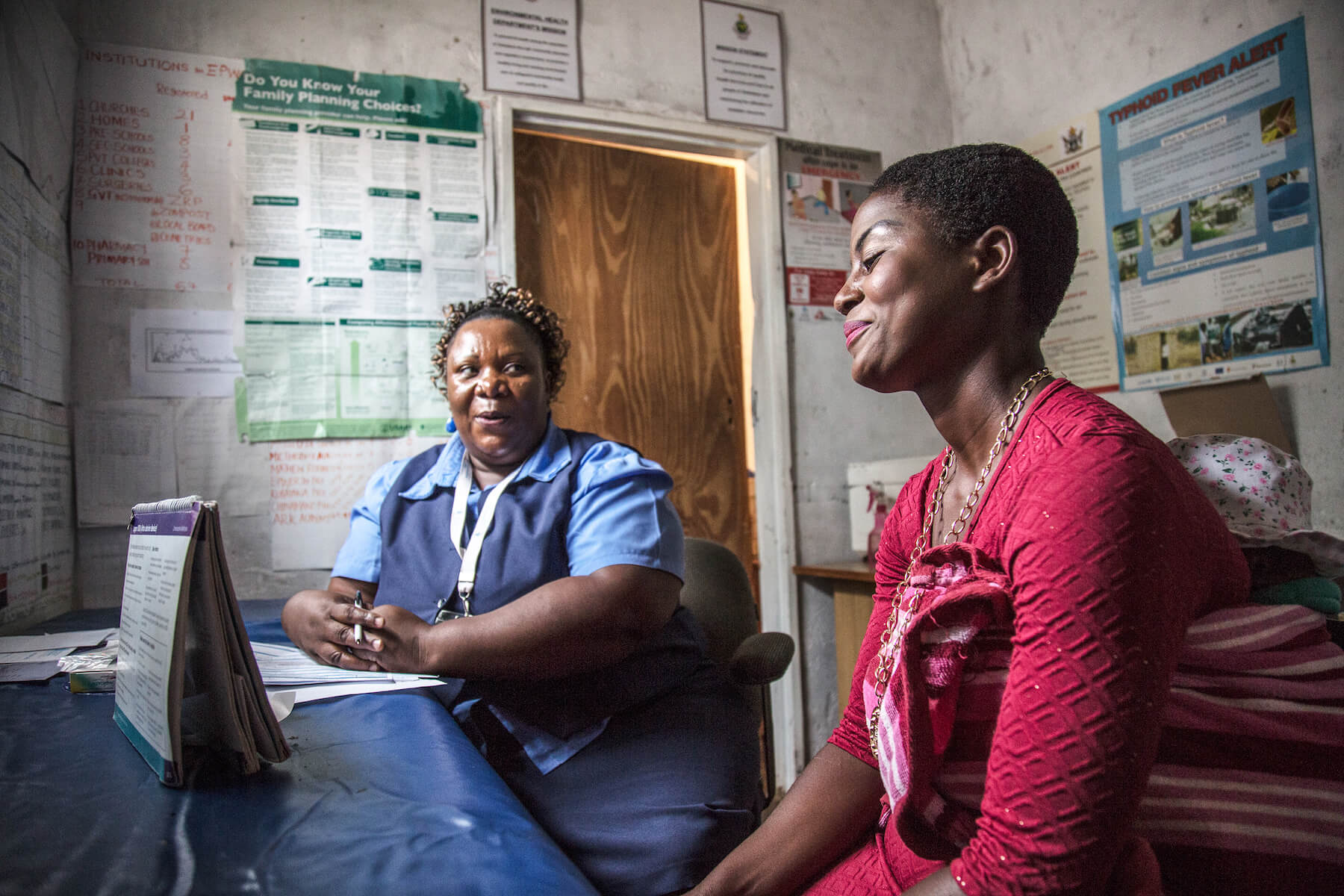
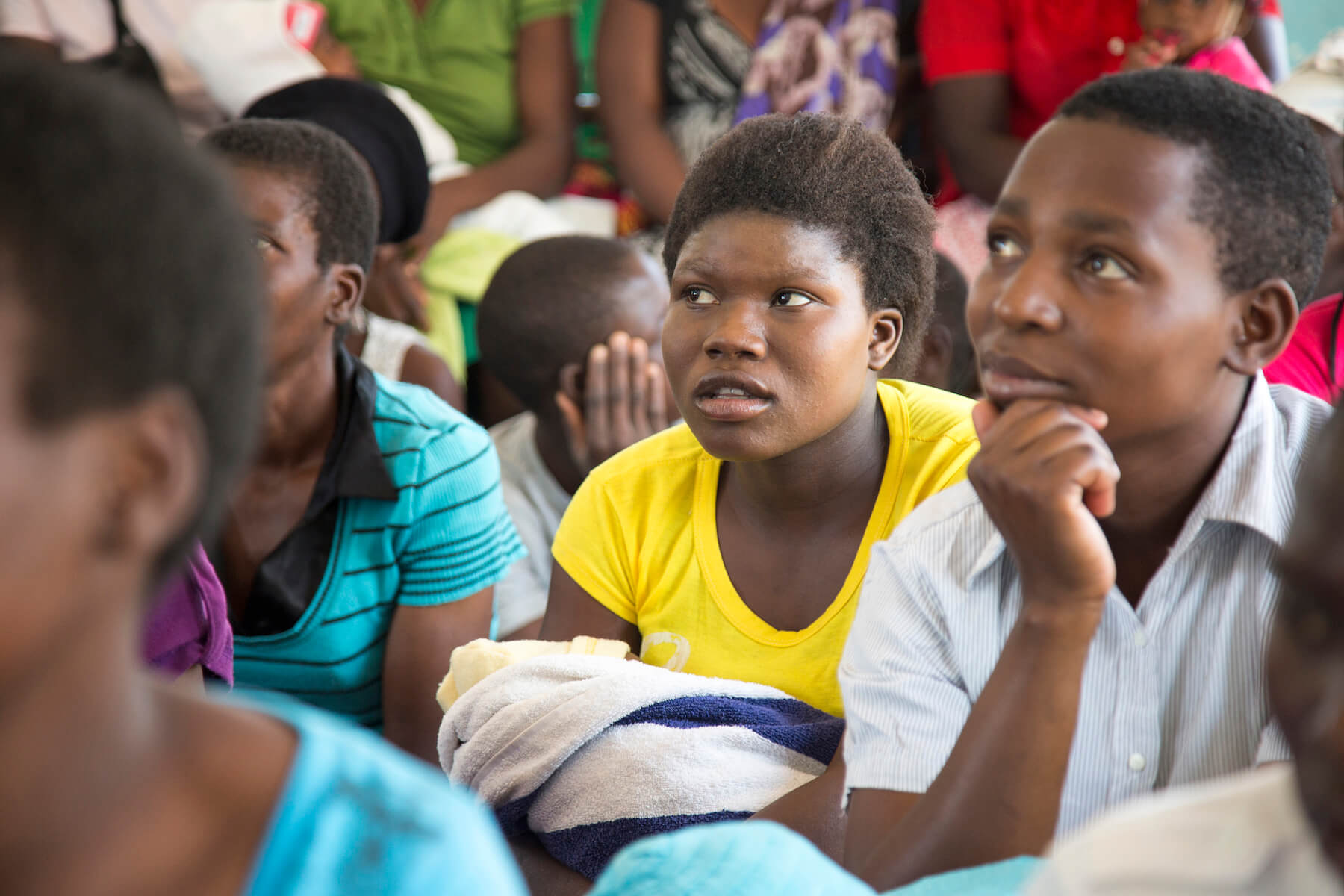
Things to consider
When deciding if a tubal ligation procedure is right for you, here are a few quick facts you should consider:
- Tubal ligation is a permanent, irreversible method of contraception. Therefore, it should only be adopted by those who either do not want children or already have the desired number of children.
- Using this method does not offer protection against sexually transmitted infections and HIV/AIDS.
In case of any questions or doubts before opting for this method, women are advised to consult a doctor or arrange a meeting with our clinic staff.
How tubal ligation works
Tubal ligation involves closing a woman’s fallopian tubes. The fallopian tubes normally carry an unfertilised egg to the womb.
Closing the fallopian tubes prevents the egg and sperm meeting, so a pregnancy cannot occur. Female sterilisation is a quick and safe surgical operation. It needs to be done by a trained health provider.
The tubes can be closed in several ways. One method is to make one small cut in the lower stomach to see the tubes on each side of the womb, and then cut the tubes. The other method is to place a small camera and other instruments through a hole in the stomach to see the tubes, which are then clipped.
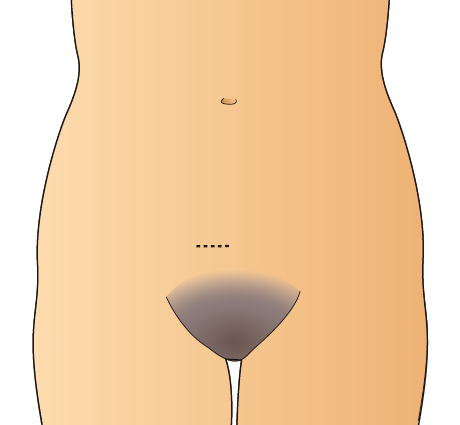
What to expect at your appointment
The procedure is performed by a highly trained doctor and takes approximately 15-20 minutes.
It is carried out under local anaesthetic and sedation, using simple techniques to seal the fallopian tubes. After this procedure has been performed, an egg cannot move from the ovary through the tubes (a woman has two Fallopian tubes), and eventually to the uterus.
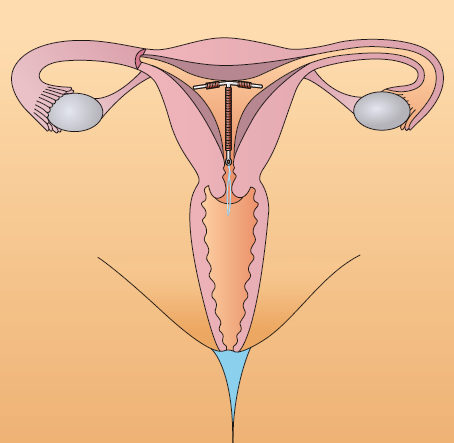
Other methods of contraception at a glance
Tubal ligation aftercare
After recovering from the initial anaesthetic of the procedure and completing a few minor checks, you’ll be allowed to go home.
Our trained staff will provide you with a detailed guide of what to expect after the surgery, and are on hand to answer any questions you may have.
It is completely normal to feel some discomfort and you should consider a few days of rest immediately after the procedure.
Some women experience vaginal bleeding or spotting. We recommend using a sanitary towel if you experience any bleeding. Discomfort, similar to period pain, is also common, and you may be prescribed painkillers for this. Contact us or your doctor for advice if you are still experiencing excessive pain after taking painkillers.
Depending if you have stitches and/or a dressing over your wound, we will advise caring for your wound following the surgery. Generally, however, you should be able to resume showering or bathing as normal once the dressing is removed.
Your sex drive should not be affected by the operation and you can begin having sex as soon as it is comfortable to do so. Long-term partners may not need to use other forms of contraception to prevent pregnancy, but remember that tubal ligation will not protect you from STIs.
Recovering from a female surgical procedure? We recommend booking a follow-up appointment to check your health after the procedure.
Find your best fit
If you’re unsure what method is best for you, take our online contraception quiz.
